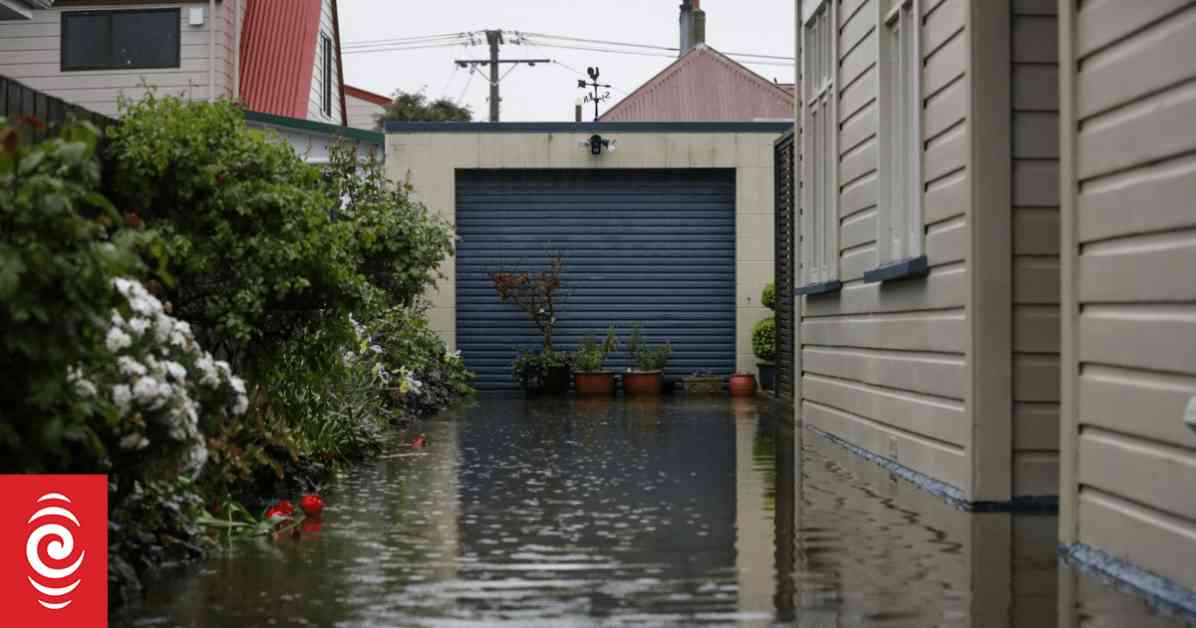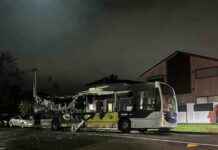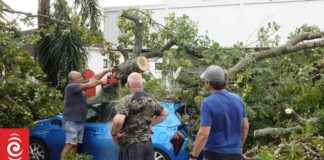Man with Disability Still Stranded in Motel Months After Dunedin Floods
A tremor of uncertainty runs through Dunedin as we approach the festive season. David King, a man with a learning disability, finds himself trapped in a motel, eagerly awaiting the elusive return to his flood-ravaged home. The devastating floods that ravaged Dunedin in early October left a trail of destruction in their wake, leaving nearly 50 properties either uninhabitable or severely restricted due to safety concerns. For King, this nightmare has extended far beyond what he could have imagined, as he grapples with the aftermath of losing not just his home but also the support system that once helped him navigate life.
A Personal Struggle Amidst a Community Crisis
King’s personal story sheds light on the challenges faced by vulnerable individuals in times of crisis. The festive cheer that typically fills the air during Christmas has eluded him, replaced by a sense of isolation and uncertainty about what lies ahead. As he reflects on the trauma of watching floodwaters seep into his home, mixing with sewage and sludge, King’s voice carries the weight of someone who has been let down by the system meant to protect him. The promises of sandbags that never materialized, the absence of support when he needed it most – these are the scars that will linger long after the waters recede.
An Urgent Call for Inclusivity and Preparedness
King’s ordeal serves as a stark reminder of the need for emergency response plans that cater to the diverse needs of all community members, especially those with disabilities. The lack of consultation and inclusion in planning processes can lead to gaps in evacuation procedures, shelter accessibility, and resource distribution, leaving vulnerable individuals like King stranded in moments of crisis. As advocates push for a more inclusive approach to emergency preparedness and response, the onus is on policymakers to ensure that no one is left behind in times of need.
A Path Forward Through Collaboration and Empathy
In the face of adversity, it is the resilience and compassion of individuals like King that shine through. As he navigates the challenges of rebuilding his life post-flood, his story serves as a poignant reminder of the importance of community support and preparedness. By amplifying voices like King’s and advocating for systemic change, we can build a more inclusive and resilient society that prioritizes the well-being of all its members, especially those most in need. As we reflect on King’s journey, let us commit to creating a future where no one is left behind in the face of disaster.

















